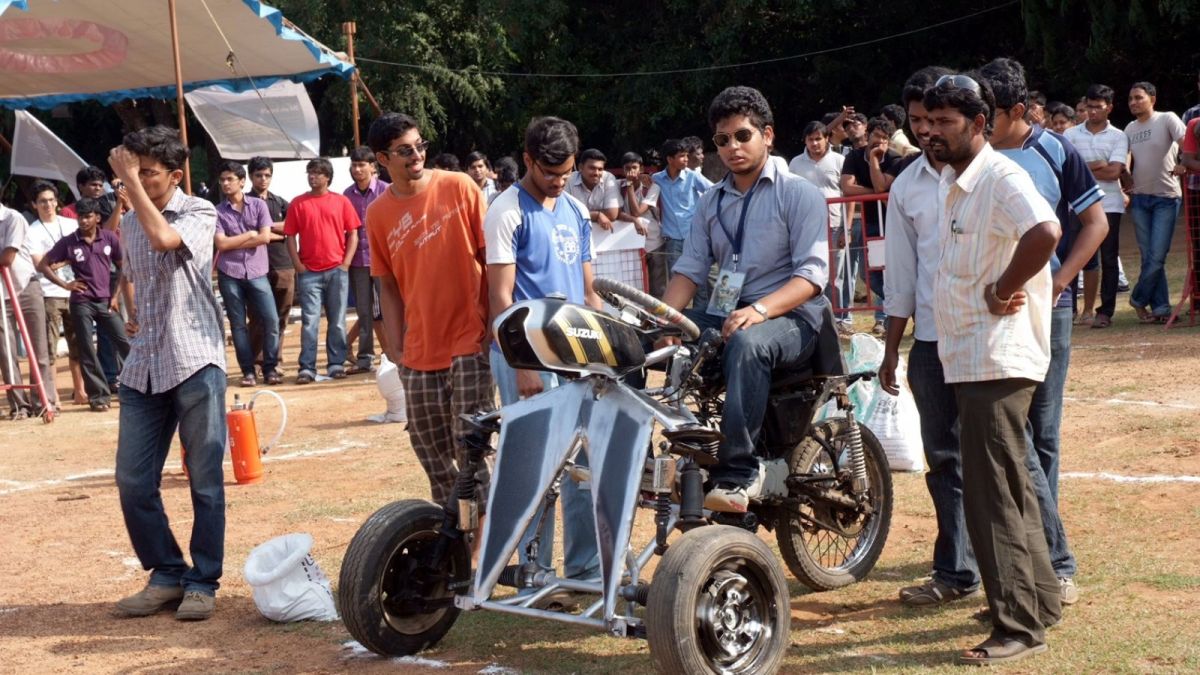IIT-Madras invites applications for Web-Enabled MTech in E-Mobility, last date May 26
Interested candidates can seek admission by applying through the official website -- code.iitm.ac.in/emobility. The last date to apply is May 26.

The Indian Institute of Technology Madras (IIT Madras) is inviting applications for its newly launched programmes for working professional Web-Enabled MTech in E-Mobility (WEMEM). Interested candidates can seek admission by applying through the official website — code.iitm.ac.in/emobility. The last date to apply is May 26.
The programme is designed and offered by IIT Madras Centre for Outreach and Digital Education (CODE) along with coordination from their Department of Engineering Design.
Through this course, IIT Madras aims to upskill the workforce in e-mobility, especially in sustainable transportation such as EV and beyond. As per the official website, the total fee of the course is Rs 8.57 lakh, while the registration fee is Rs 3000.
Eligibility
— Applicants should have completed a BTech or BE in any engineering discipline with a minimum 6.0 CGPA or 60 per cent marks.
— Candidates must have a minimum of two years working experience.
Selection Criteria
— Applicants need to appear for computer-based proctored written tests on fundamental mathematics and physics principles.
— Candidates will be provided with recorded videos and sample questions to prepare for the test.
How to apply
Step 1: Apply for the programmes by filling up the registration form at the official website of IIT Madras — code.iitm.ac.in/emobility
Step 2: Upload the necessary document.
Step 3: Completed the registration with online payment of Rs 3000
Step 4: Appear for selection test on July 7.
Step 5: Check the result of selection test on July 21
Step 6: If you are selected, then confirm your admission and make fee payment.
Applicants must note that there is no limit to the students admitted in the programmes. The course curriculum has been uploaded at the official website for students to check. There are 3 terms in a year — January, May and September. Each term would include 12 weeks of course work followed by the final examination.
Participants need to complete 190 academic credits to earn a Master’s degree, these include 105 credits of course work (includes theory and lab courses along with a mini project) and 85 credits of project work. The evaluation for each course would be through regular assignments, projects (as required), quizzes or mid-term exam, and a final exam.